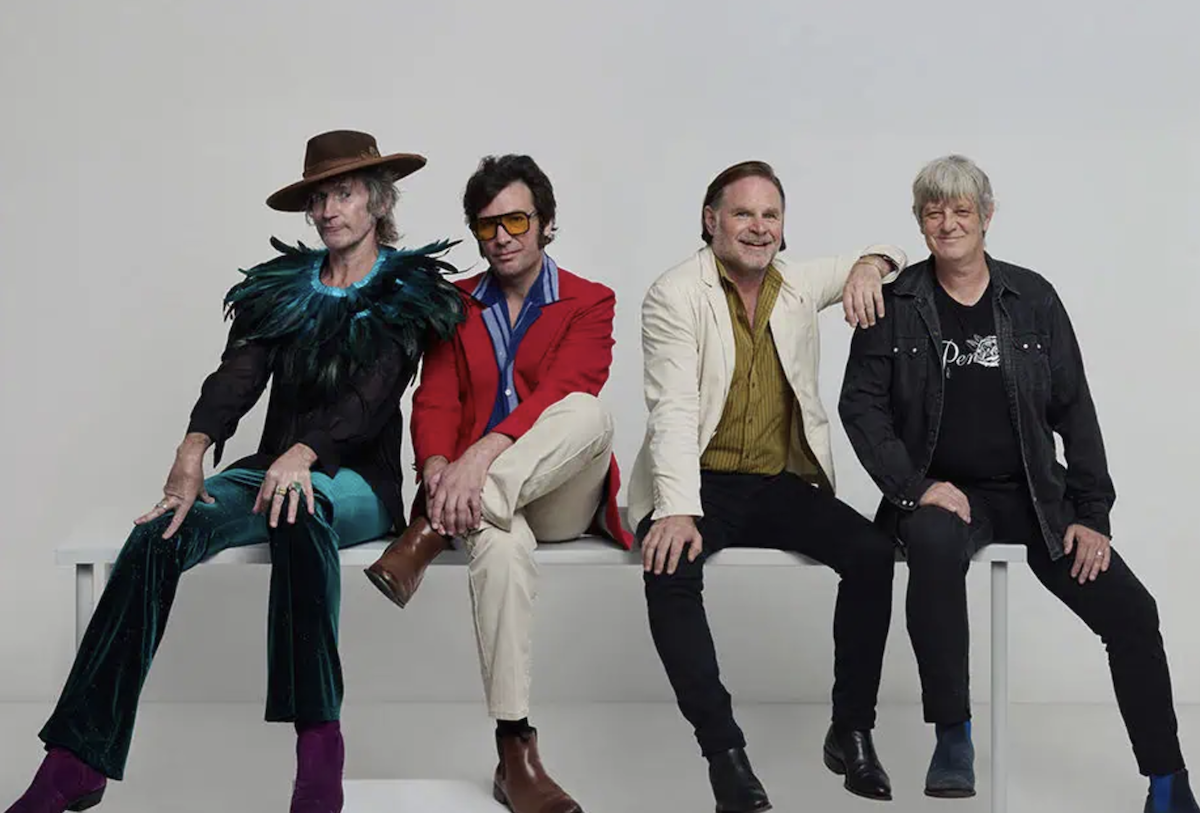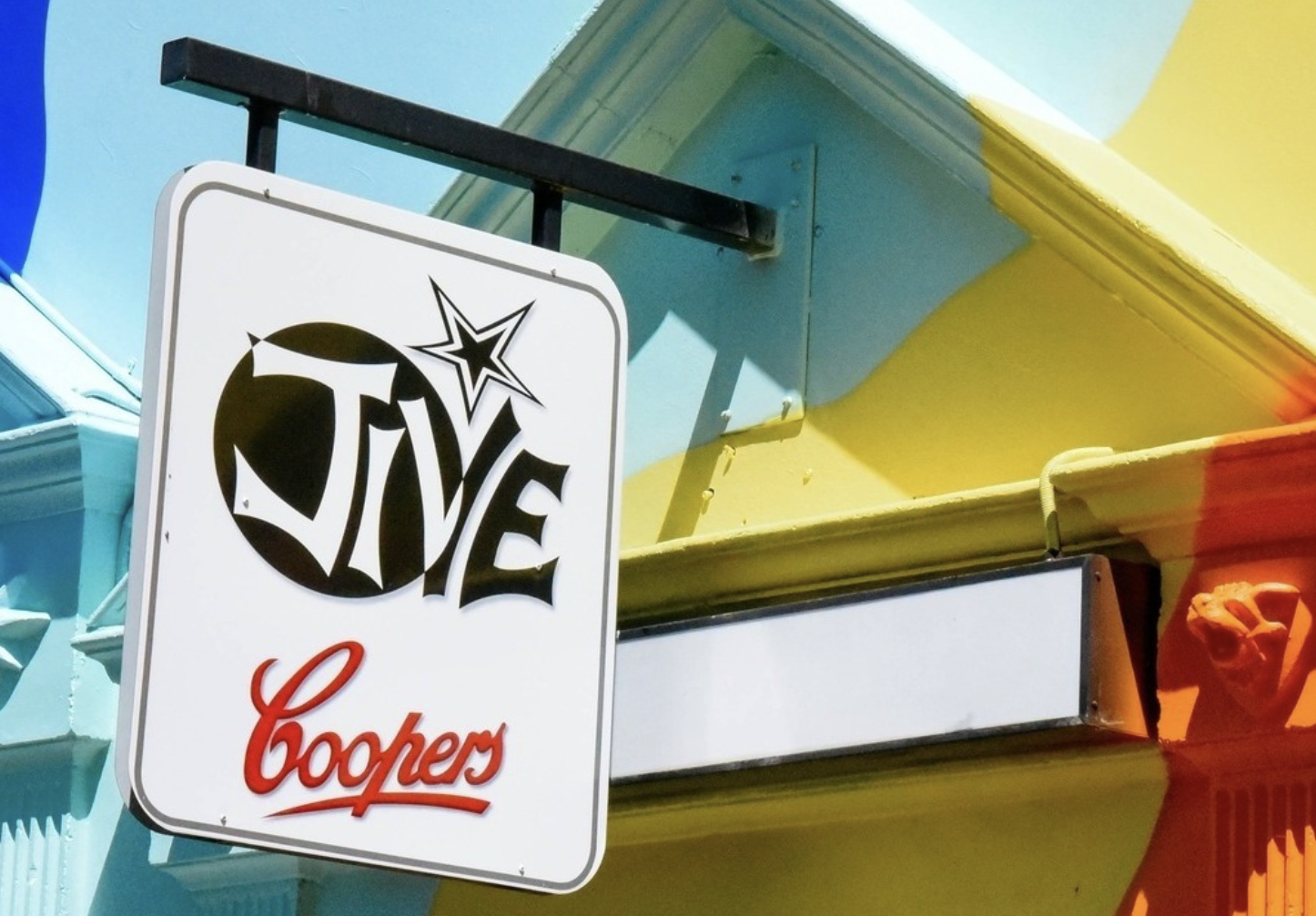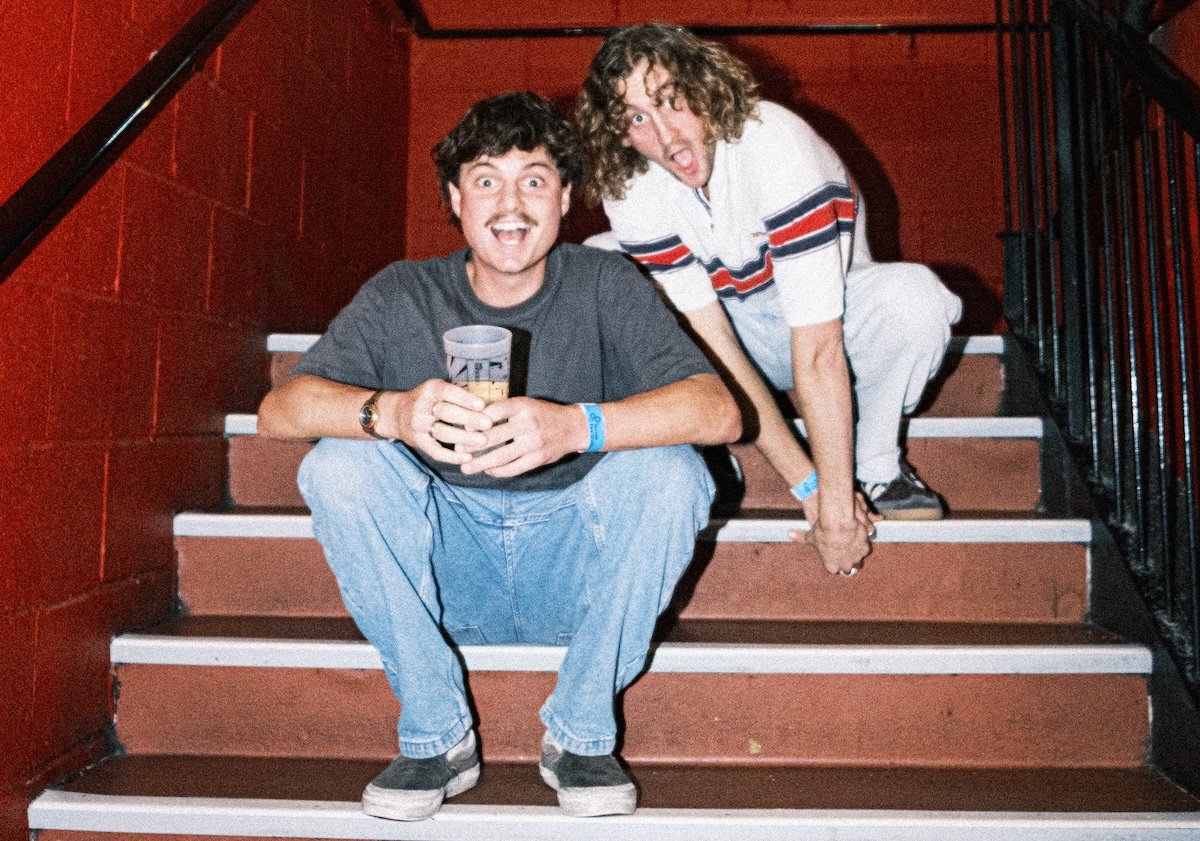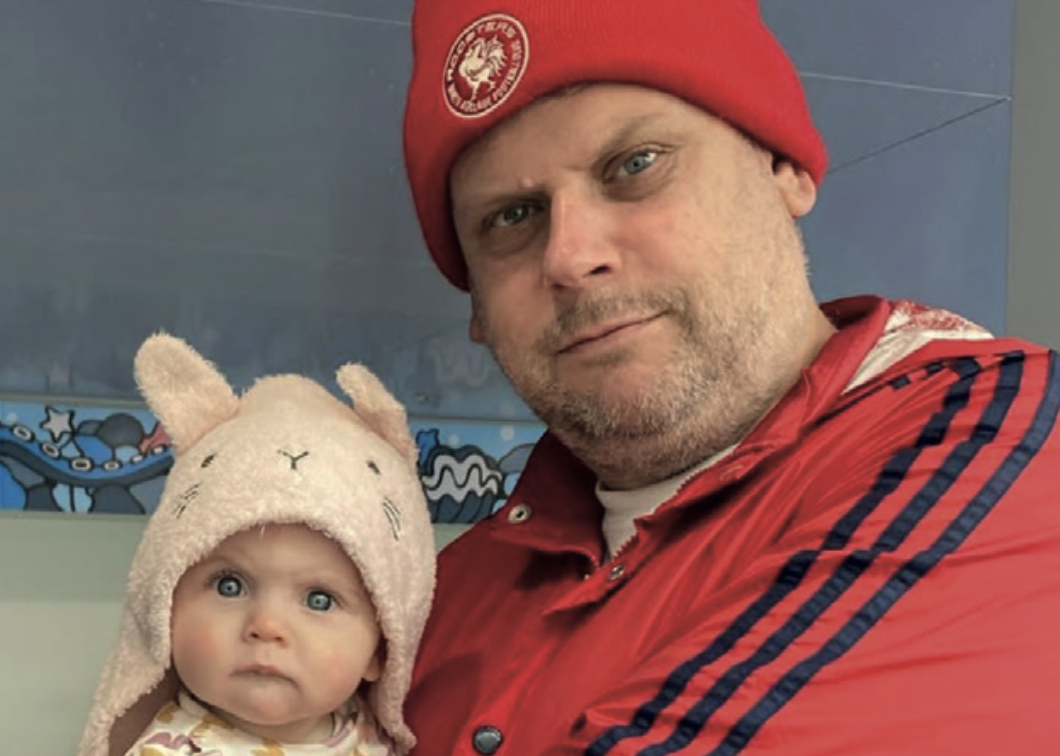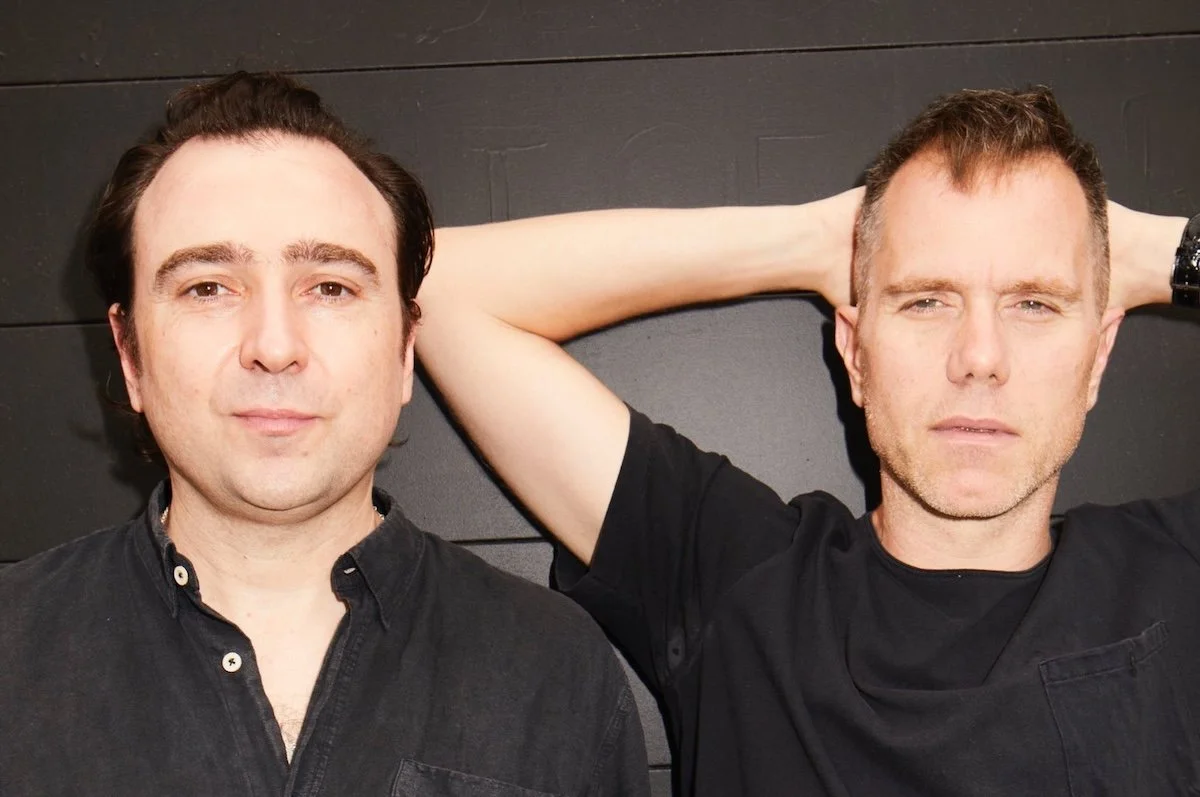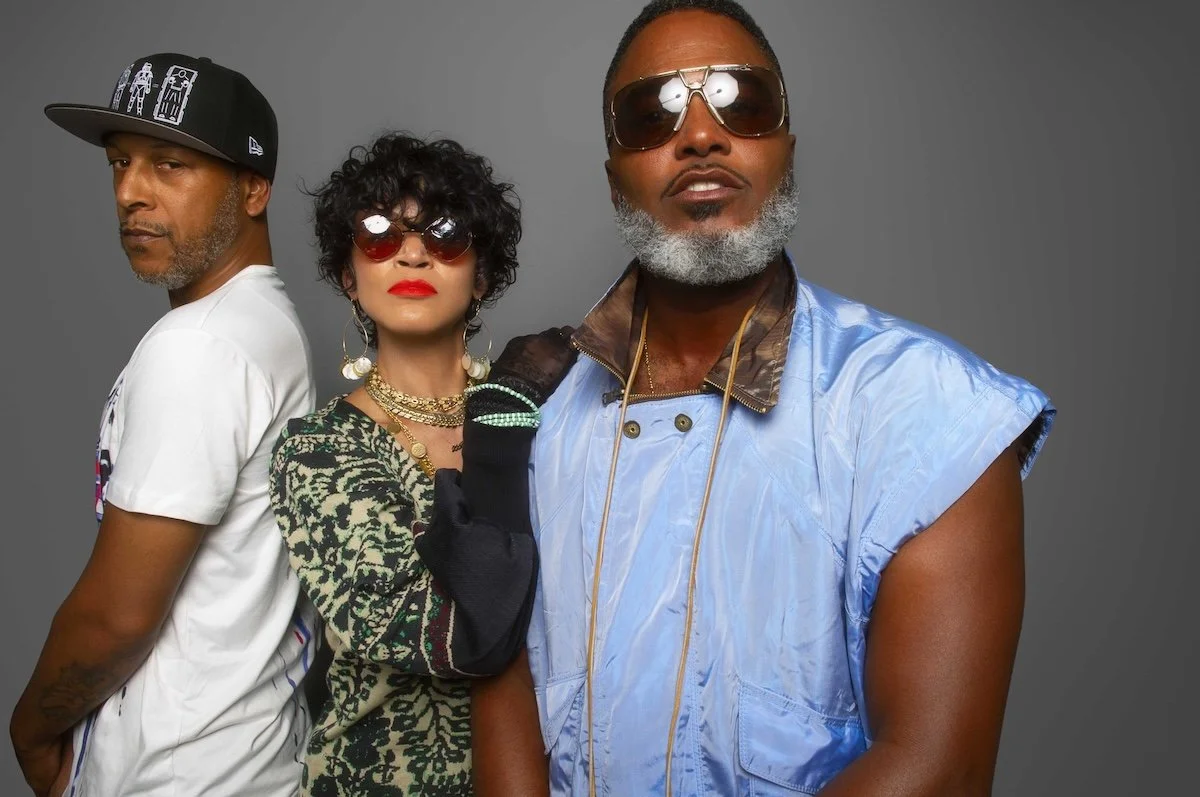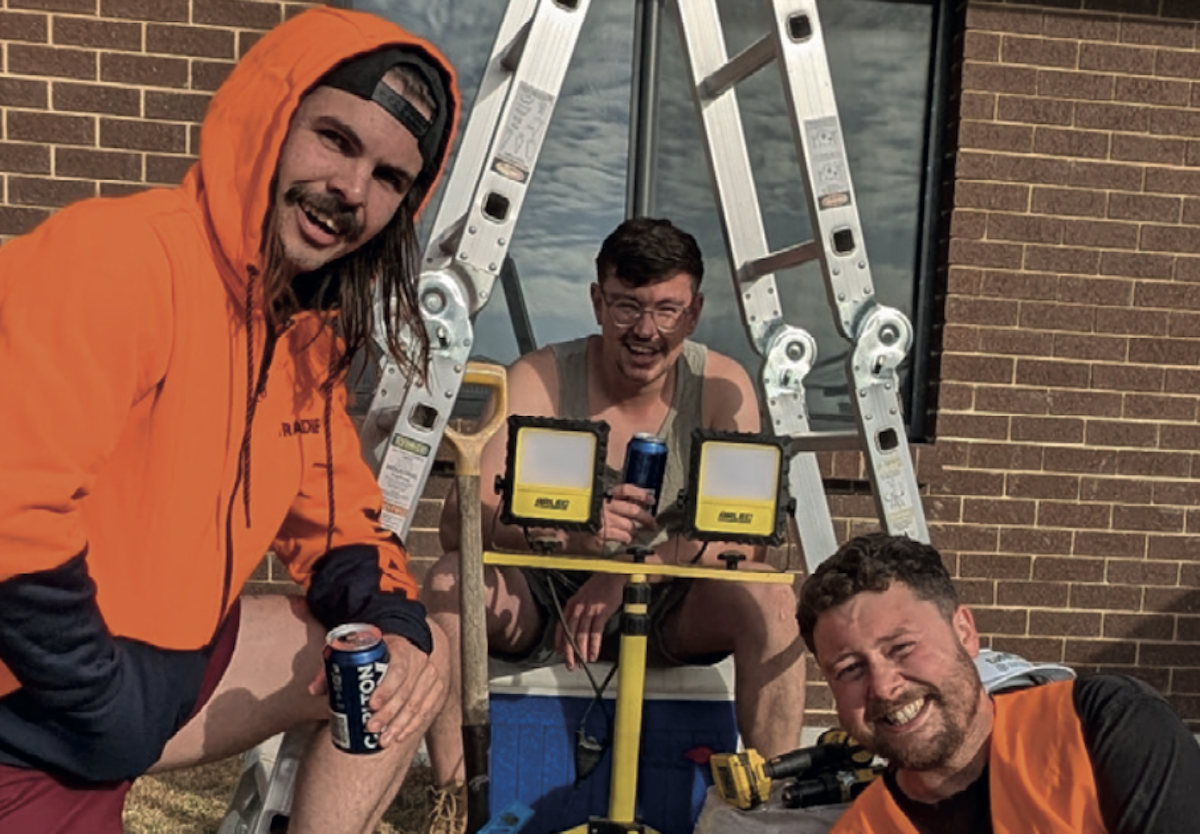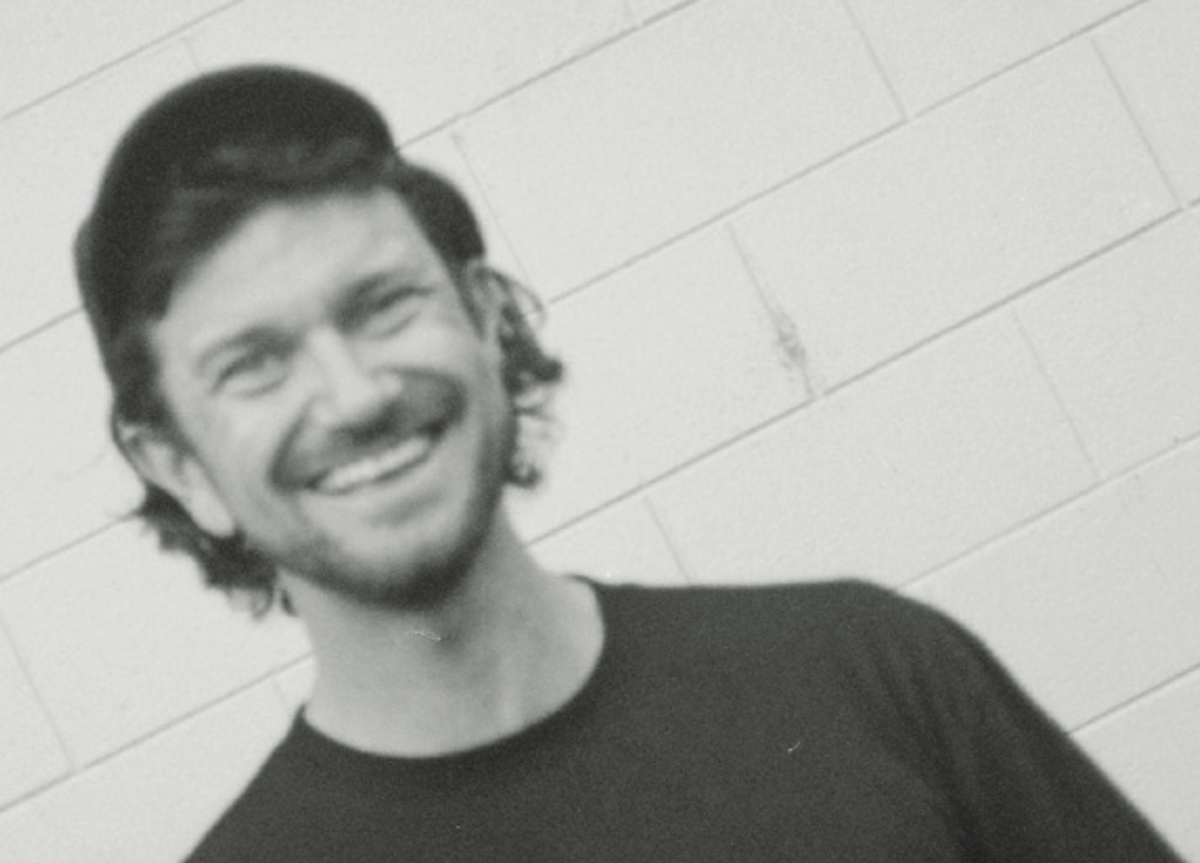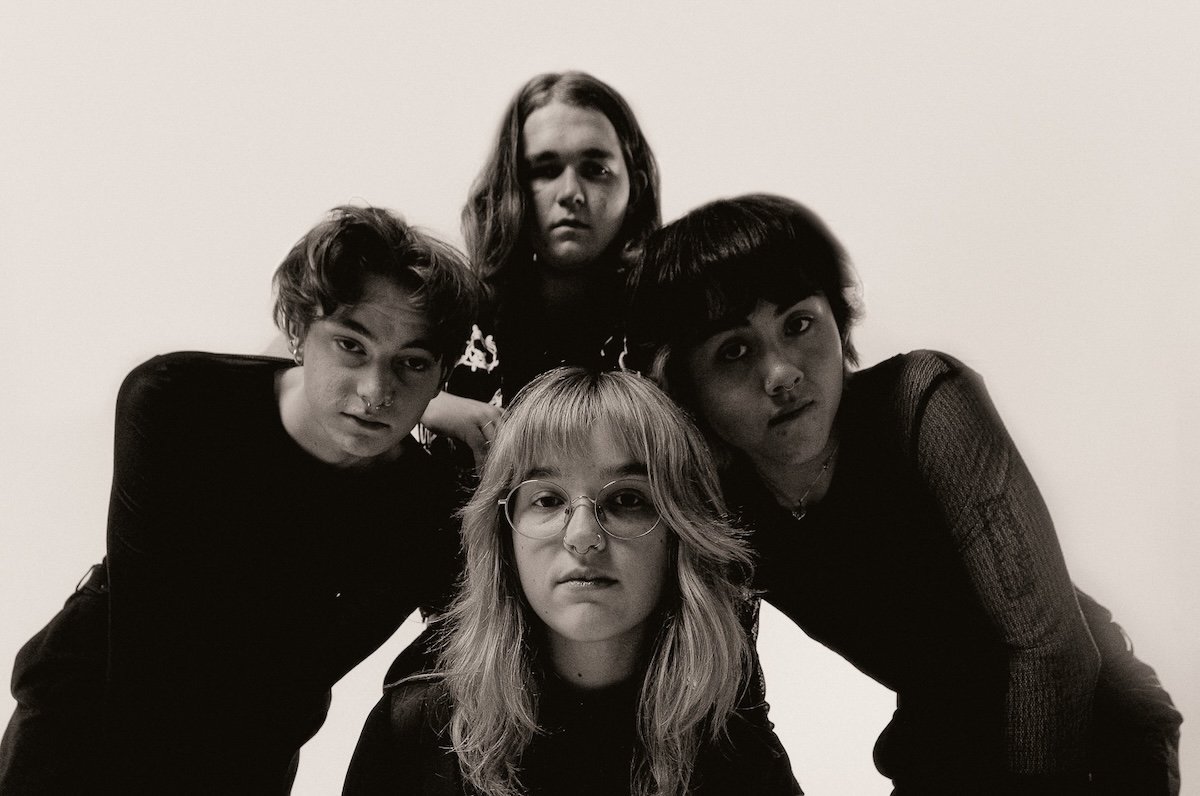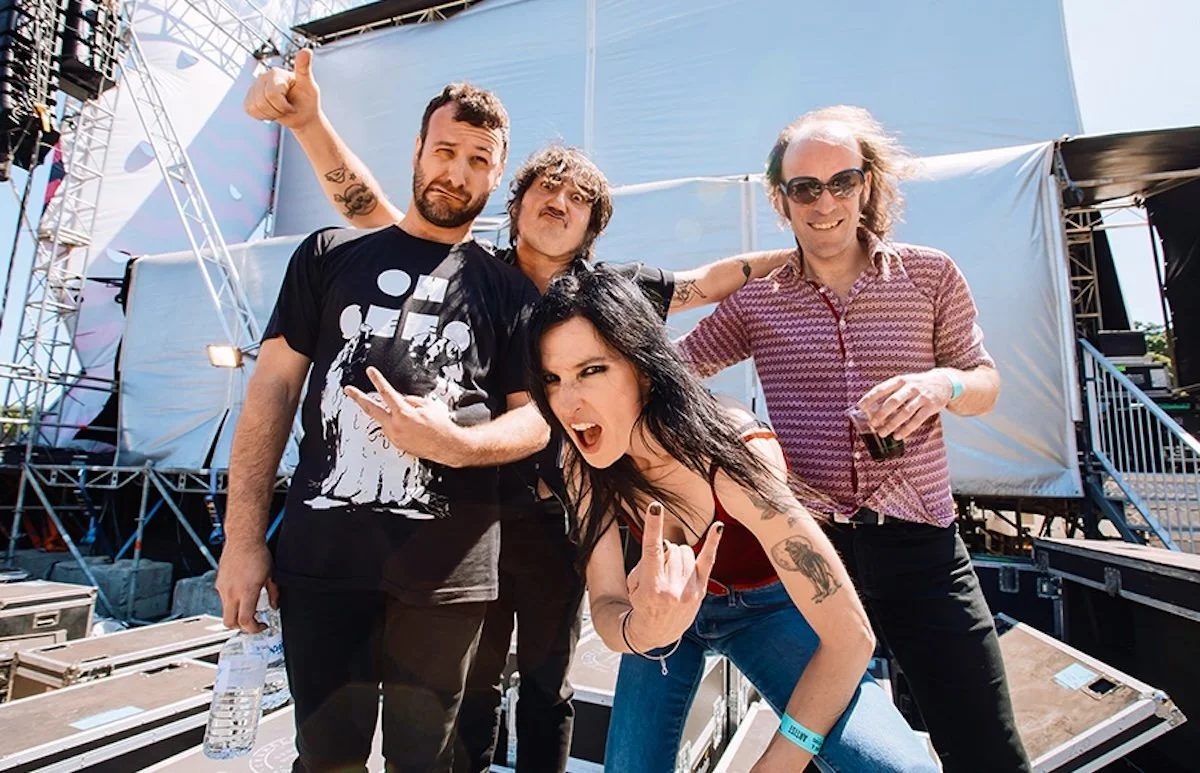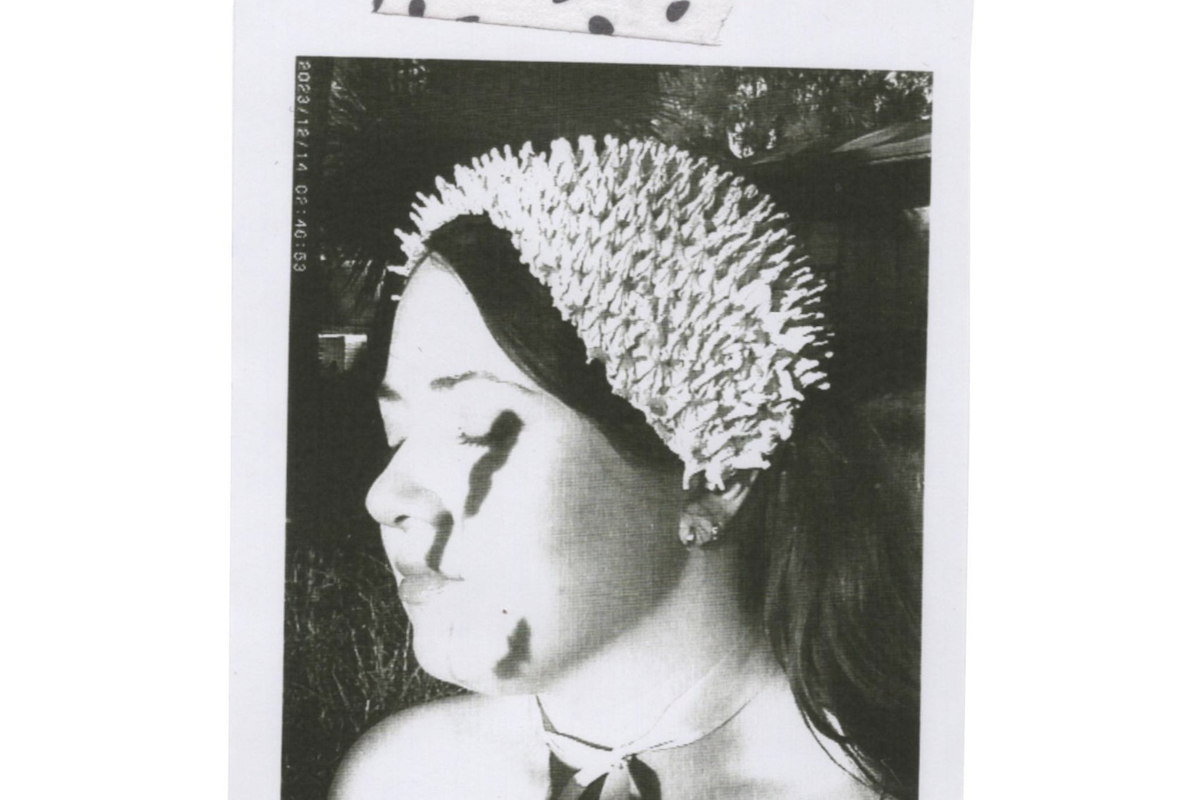Making Sense of Julia Jacklin
Ahead of her debut at the Adelaide Festival, Australia’s indie darling Julia Jacklin welcomes the Note into her world to talk about heavy emotions, writing music and making time for yourself.
Words by Zara Richards
Image via @juliajacklin (Facebook)
When you listen to Julia Jacklin’s music, you’re struck with an overwhelming sense that she’s just like us. Her lyrics balance intimacy, agency and vulnerability. How she’s making sense of this massive, messy world. Her relationship with herself, her body and her mother.
They’re big feelings. They’re growing pains.
Talking with the Blue Mountains-born, Melbourne-based songwriter, we quickly come to realise that she speaks exactly as she sings. She’s introverted – but she’s also open, honest, frank and droll, doing little to sugarcoat how she really feels or what she’s really thinking.
We start by asking her how she manages to turn big feelings into big hits.
“I feel like that question is impossible to answer,” she says. “It’s not a super-conscious decision to write like that. I feel like songwriting – especially in my genre – is a form of telling your truth. People think I’m [being] vulnerable in my music but it’s just how I’ve always written songs.” She laughs at her inability to nail an answer. “Or maybe I’m just a little dead inside...”
Julia is frequently amusing during our chat, but she usually her own punchline.
The 32-year-old’s ability to turn emotions and experiences into cathartic songs with piercing lyrics is why she’s so globally adored. Her latest release, Pre Pleasure (2022), collected an ARIA Award for Best Adult Contemporary Album, and she’s extensively toured overseas, all while generating an impressive one million-plus streams per month on Spotify.
Julia burst onto the Australian alt-indie-folk scene in 2016 with her smash-hit debut album, Don’t Let The Kids Win. That record gave us songs like ‘Pool Party’, a folk-like lullaby where the singer croons about the reality of pouring love into a person when they’re at rock bottom. It mapped the blueprint for her familiar gooey guitar sound and lilting lyrics.
Next came Crushing (2019), and tracks like ‘Don’t Know HowTo Keep Loving You’ (which she performed on stage with Lana Del Rey), ‘Body’ and ‘Pressure To Party’, which tapped into the emotional bellyache of getting older, falling in love and inevitable heartbreak.
Pre Pleasure, her third studio album released in August last year, cements Julia as this generation’s truth-telling siren.
Like her previous records, the ten-track album balances the emotions of finding love and losing it. But it also takes a retrospective look at her youth. In ‘I Was Neon’, the singer desperately clings onto a version of herself that she doesn’t want to part with, ruminating “Am I going to lose myself again?” In other songs, like ‘Ignore Tenderness’, she navigates topics of religion, internal conflict, sexual intimacy and protecting her younger self. It’s hard to ignore the gravity of lyrics like: “Who said, ‘you’re not what you get / You are what you gave away?’”
“A lot of the time, you’re writing songs to give yourself a voice for when you didn’t feel like you had one,” she says.
“There were sexual experiences and situations in my life where I felt disempowered – they were cloaked in a lot of shame and secrecy. When you become an adult, you have a lot of tenderness for your younger self. I just like to have a little voice for the person I used to be.”
In part, putting her thoughts, feelings and experiences into pointed lyrics is what has made her music significant for most twenty- to thirty-somethings worldwide. Julia verbally squirms, though, when we utter the word ‘relatable’.
“I never want to say I’m relatable,” she laughs. “I’m just telling stories. And, like, I’m a pretty basic person, so it usually resonates with people.”
Pre Pleasure is partially a product of the pandemic, and while the story of the record isn’t a reflection of lockdown, the world slowly stopping hindered Julia’s innate role as a storyteller.
“I think, like a lot of people, I felt very slow and confused in 2020 and most of 2021. I had to really force these songs out of myself in a way that I’d never had to before.
“Sometimes this job can feel so complicated. When you’re sitting at home and trying to be a prolific writer, it gets very existential and it warps your sense of self. I feel like I’m still figuring out what I was saying on this record.”
Being on the stage and touring Pre Pleasure in America gave her time and space to discover what the album actually meant to her. Like most of us, Julia says that the last few years had left her questioning what she wanted and what she was doing.
“Pre Pleasure wasn’t that enjoyable to make, but it’s been enjoyable to tour,” she says. “Singing to people is my favourite part of this job and the part where everything makes sense. Everything comes into perspective.”
The sudden ascent to stardom has also shifted how Julia views her music. She describes her career as a singer as “incredibly weird,” and says it’s been tricky moving from making music for fun to being defined by it.
“Music was something I used to do in order to get through other things. [Now] this is all I do. This is my identity. It’s been hard to go from being someone who happened to write songs to being someone who only writes songs.”
Julia is currently on the summer festival circuit with Laneway Festival. She’ll then embark on an Australian tour for Pre Pleasure, making a pit stop for a show at the Adelaide Festival before jetting overseas to Europe and America. Even though this year is looking busy for the musician, Julia says her focus for 2023 is taking care of herself.
“I need to remember that I’m a human being with a brain and organs that I need to look after,” she quips. As well as goading her to look after her physical self, the business of touring – of singing to a swaying mosh of punters singing lyrics back to her – is how she makes sense of this world.
“I think a lot of adults are very lonely,” she says. “It’s nice to know that within loneliness, my songs seem to connect me with other people in this weird way. It makes me feel understood and in turn, I’m sure it makes other people feel understood.”
The musician, who draws her inspiration from her every day, ponders a moment. Then sums it all up in the most Julia Jacklin way.
“Living is very absurd.”



